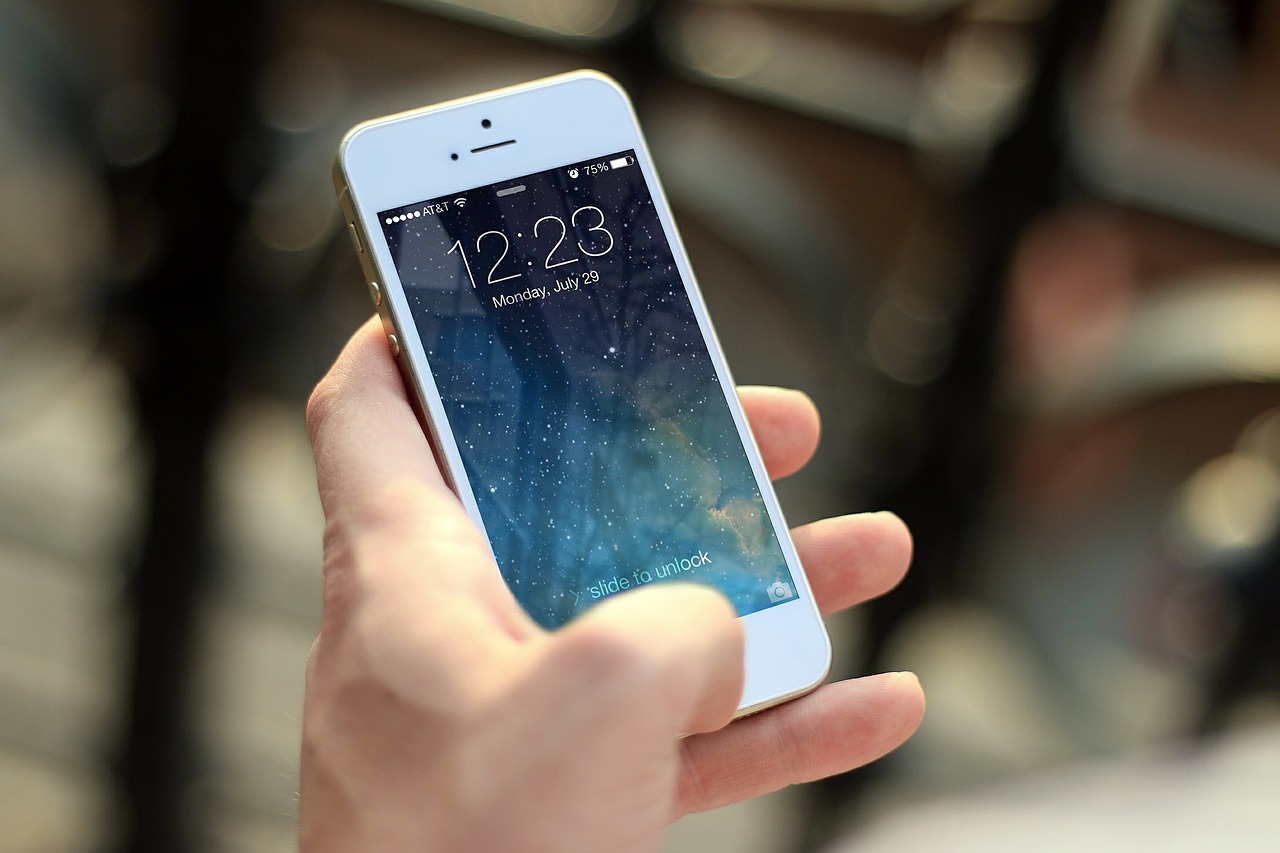At first, the answer to this question may seem obvious. The world is increasingly mobile-first. Our expectations for convenience, speed, and ease-of-use are defined by the best of our digital experiences.. Mobile e-commerce, banking, and social networks influence what we expect from our digital tools, even when it comes to those in the education domain, which has yet to really cross the chasm to fully mobile.
Beyond the influence that mobile ubiquity plays in our lives, it has been shown that mobile technology in medical education has a real impact on performance. Mobile capabilities have been shown to have a statistically-relevant effect on learning and to deliver significant advantages, such as enabling ‘situated and contextual learning’ that is otherwise difficult to achieve.
Sticky problems that we at Resilience Software hear about time and again when we speak with programs – problems ensuring formative feedback, problems validating a resident’s account of an activity hours or days later – could be solved through with a well-designed mobile application.
One problem we often encounter is that residents are hungry for feedback, but don’t get it, are afraid to ask for it, or get it only inconsistently. It has been demonstrated that mobile solutions promote bidirectional feedback and lead to a better quality of feedback provided to students. Studies have shown that mobile feedback has the effect of improving learner performance and facilitating reflection upon performance. The only impediments to this improvement are poor wireless connections (an easy technical fix), software inefficiencies (good architecture solves this), and difficulty using the mobile device in a setting requiring infection control.
There is also the issue of ensuring proper records of events and performance are kept. More than once, we’ve heard from program administrators that preceptors will say they remember there was something to note about a resident, but they can’t remember exactly what or for which activity. While field notes usually have fields for commentary, those fields may not be ‘required fields’, and so they remain unfilled well after the activity and well after the memory of the event has faded and become blurred with a dozen others.
A program implementing compentency-based medical education may have even more complicated issues. An assessment of an entrustable professional activity (EPA) may be done, but the preceptor may not know which CanMEDS role the particular part of the EPA refers to, and may just check one off arbitrarily to complete the field note. We’ve heard accounts of this in actual programs. A mobile evaluation tool can build in guides and well-designed coaching text for preceptors that define the roles associated with different activities and EPAs, ensuring that they assign the correct one(s) and the data has a higher level of integrity. A site director or program director can later look at a resident’s portfolio with confidence that what has been reported has actually been done.
Resilience Software has a mobile assessment tool soon to come out to address these problems. It’s currently in beta testing and but will be released ‘into the wild’ shortly. If you want to demo the app or keep up to date with it’s release schedule, please drop us an email letting us know. We’d be happy to arrange that.
The prospects are for an improved training experience are exciting, especially when combined with the shift to competency based medical education. Mobile assessment will be a game changer for programs that can execute its implementation well.


Comments are closed